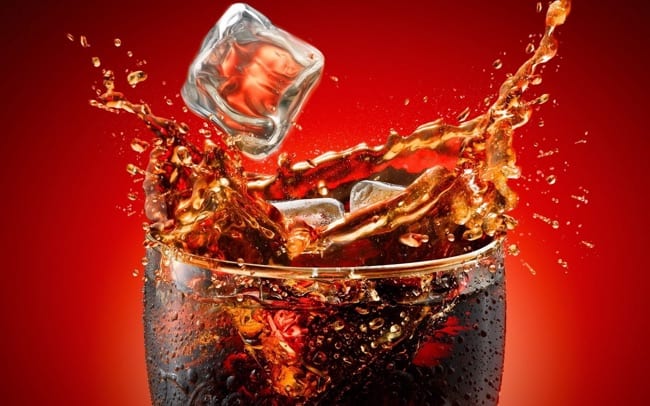
According to The Coca-Cola Company, the caffeine found in their drinks is not considered addictive. They admit there is some ambiguity with the term addictive but suggests people are able to stop drinking drinks with caffeine without significant problems. The caffeine content in a 330 ml serving of regular Coca-Cola is about 32 milligrams compared with a mug of coffee which provides over 100 milligrams of caffeine.
Besides caffeine, Coca-Cola contains another controversial ingredient that could affect addiction: sugar. Some research studies suggest sugar is not associated with addiction, but some studies do show an association with sugar and addiction.
Besides the caffeine and sugar, are there other reasons for addiction? Could it be the fizzy taste? What about sugar free colas? The questions surrounding cola drinks and addiction are still swirling around, but experts agree cutting out cola drinks can be beneficial for anyone.
Is it the sugar?
Cola drinks are a major source of sugar in a typical Western diet. Cutting out sugar, especially from liquid sources, is recommended for many health reasons and for weight loss. Many people who are used to eating and drinking sugar may find that cutting down sugar is hard.
Is it addictive like a drug? Some research studies suggest it is, but not all.
A 2008 review (1) looked at the question of if sugar could be a source of addiction. Researchers suggest the idea of certain foods, like sugar, being addicting is plausible because brain pathways that respond to a natural reward system can also be activated by drugs.
Studies with rats have shown that rats can be addicted to sugar, so researchers hypothesize the same may be true for humans.
However, a 2010 review article (2) concluded there wasn’t support from human literature that sugar can be physically addictive or sugar plays a role in eating disorders.
A 2010 article (3) suggests there may be a genetic component for sugar addiction. Interestingly, children of alcoholic fathers are at a greater risk for having a high sweet preference, and a sweet preference appears to play a genetic role in alcohol and drug dependent individuals.
So, are cola drinks addictive because of the sugar content? For some people, sugar may be addicting, although more research is needed. Some people with certain genetic factors could have a predisposition to being addicting to highly sweet things.
Is it the caffeine?
Researchers from a 2013 article (4) suggest caffeine is safe in low to moderate quantities for most people, but caffeine can also be seen as a drug. Caffeine dependence is a real disorder, but it is only a small fraction of the population that have a full blown caffeine dependence disorder.
You may feel better or more alert after having caffeine, but that doesn’t mean your body is addicted to it.
There is individual variance of course with tolerance for caffeine, but in general drinking a serving of cola drink provides a fairly low dose of caffeine.
However, if you drink a lot of cola, you could be getting a significant amount of caffeine. Stopping caffeine from a high dose may cause withdrawal symptoms.
Coca-Cola claims the caffeine in their drinks is not addictive, but if you are drinking a lot of cola, it could add up to an addicting habit. According to a 2014 Johns Hopkins University article (5), the FDA suggests up to 400 mg of caffeine per day is ok. On average, most Americans get about half this amount everyday.
Despite what Coca-Cola claims, if someone is getting a lot of cola through the day, they may get addicted to the caffeine amount. Certain people may also get addicted to caffeine easier than others.
What about diet cola?
Switching from regular cola to diet cola can save you a lot of calories, but these non-sugar drinks may not be completely innocent. Some research (6) suggests non-calorie sweeteners, like those used in diet drinks, can influence your craving for sweet things, interfere with metabolism, hormones, taste perception and gut bacteria.
Researchers are still unraveling all the ways non-calorie sweeteners can affect the body, as they were once thought to not have any effect on the body. It may be that drinking diet sodas can impact addiction for sweet things and over time keep increasing levels of desired sweetness.
As more research continues to come out, if you drink a lot of diet soda, you may want to still cut back. It appears that diet soda is not so innocent on its effect on the body.
Conclusion: how can you cut back if you’re addicted to cola?
While some beverage companies may claim their drinks are not addicting, many people can feel like they are addicted to these sweet drinks and it is hard to quit. Some research suggests sugar may have an addicting effect on the brain, especially for some people pre-genetically disposed. Animal species can also get addicted to sugar.
The caffeine amount in cola is fairly low, but if you drink a significant amount, you could be getting a high dose of caffeine which increases risk for addiction. Some people may also be more sensitive to caffeine’s effect on the body.
So what should you do if you feel addicted to drinking cola?
According to researcher Dr. Cantley from Tufts University (7), to break an addiction from sugar or non-calorie sweeteners go cold turkey. It may be really hard, but according to Dr. Cantley, the brain will rest itself.
His recommendation is to get off all sugars and artificial sweeteners. This can be challenging because you will have to prepare your own food while doing this, as almost all packaged food has added sugars.
If you have tried to quit drinking cola and have been unsuccessful, seek the assistance of a health professional or coach for support. The bottom line is don’t give up. The benefits of not drinking soda is worth it to get through the transition.
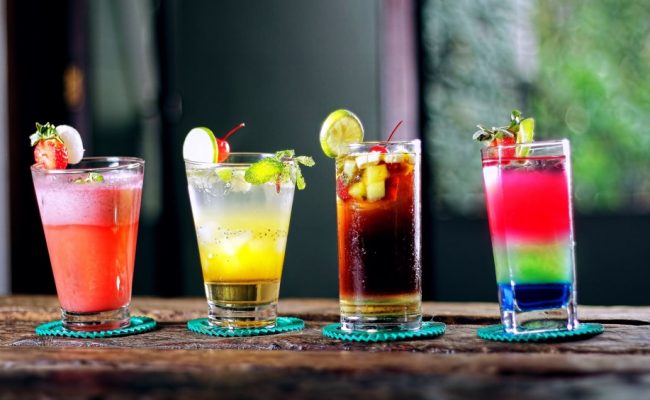
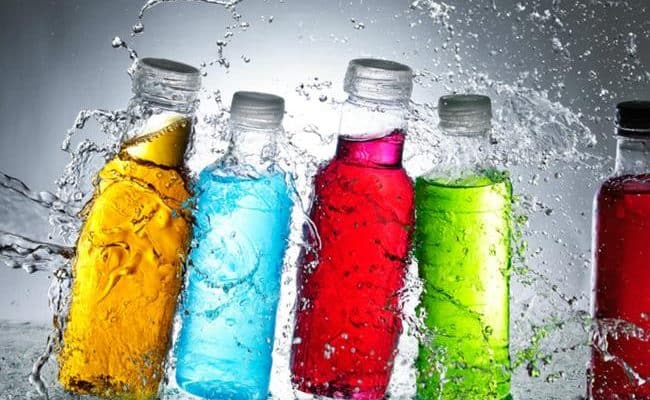
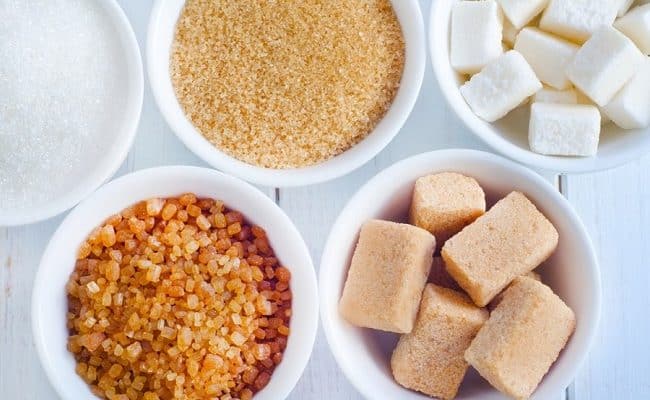
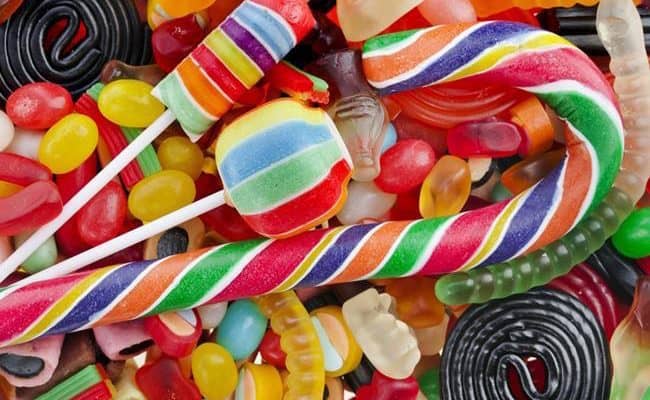
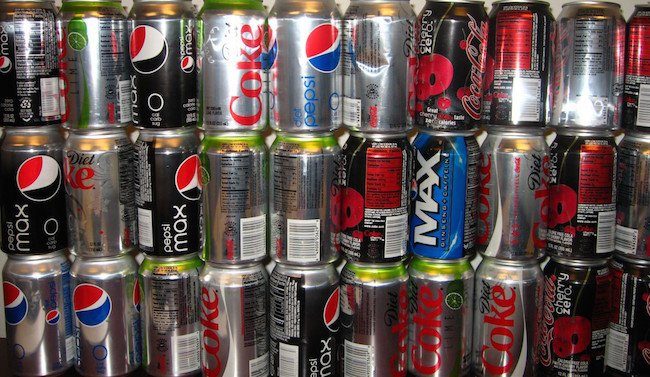

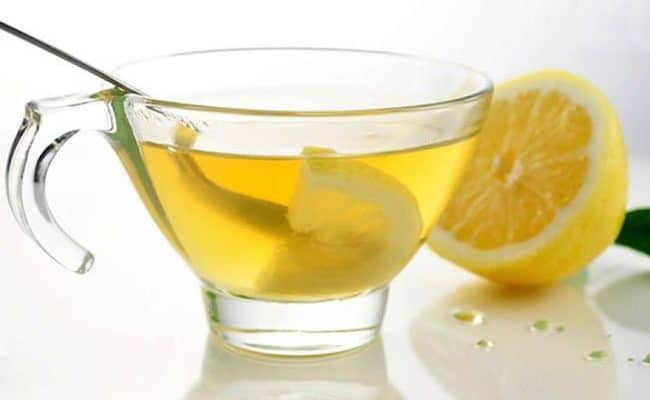
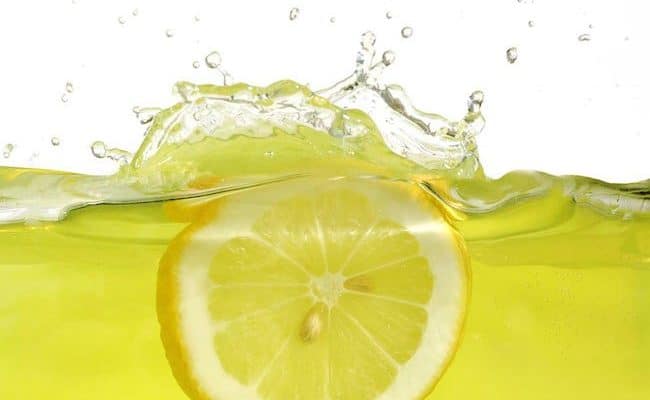
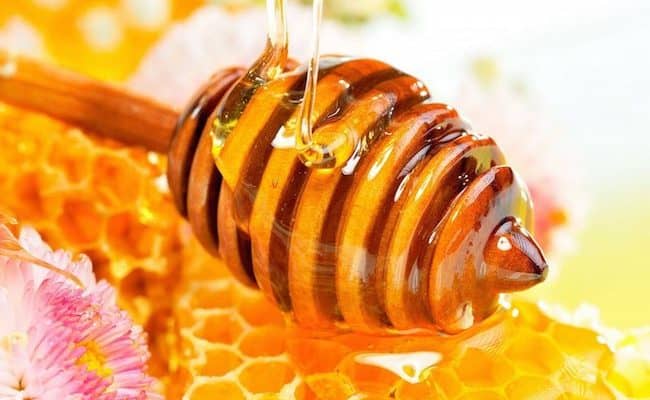


Jonathan Bailey says
you never mentioned about the Fructose corn syrup and the fat. Also when switching to a diet Coca-Cola drink the fat in the soda is switched for more sugar… This is because fat is also sweet and when taken out it is highly noticeable.